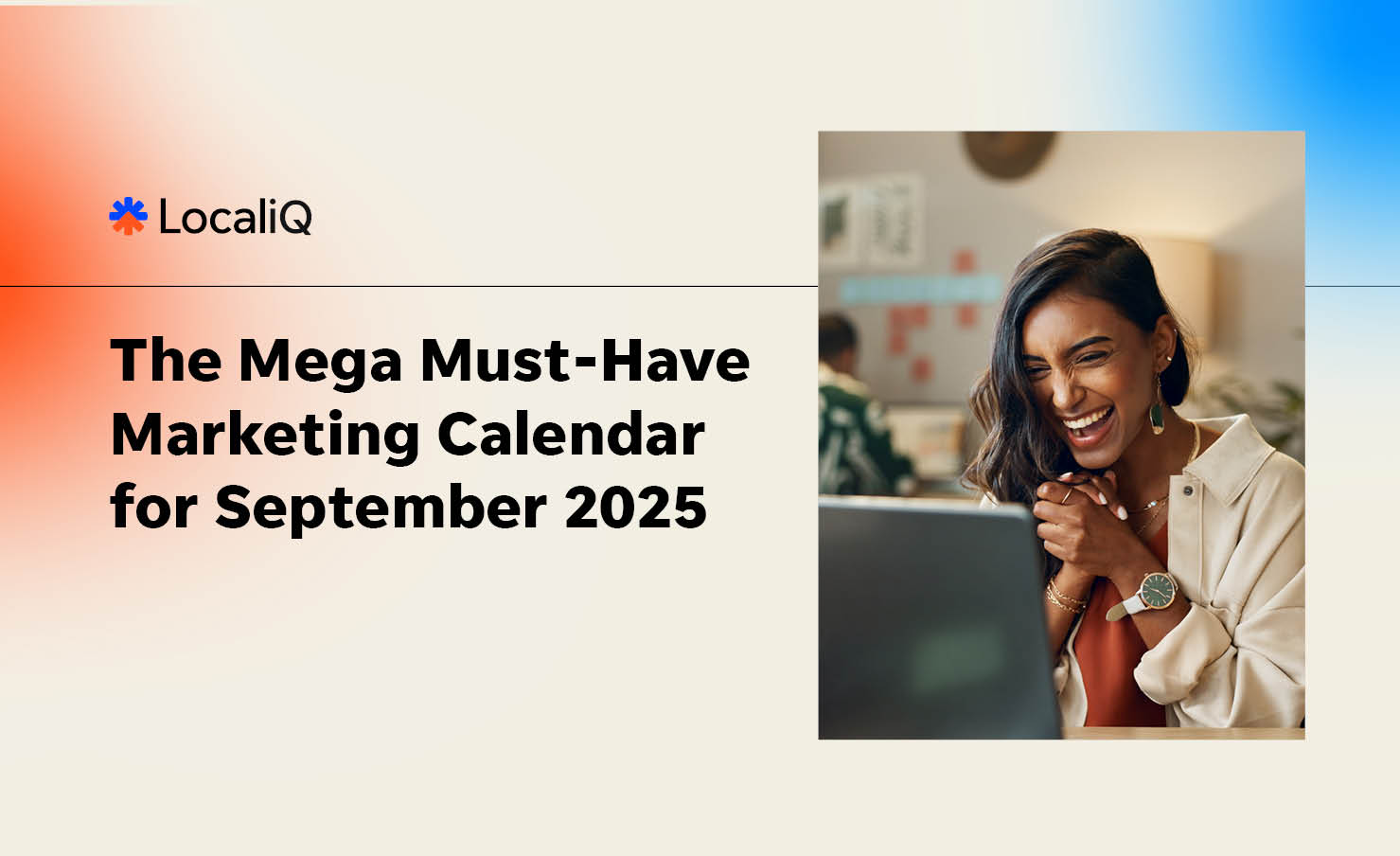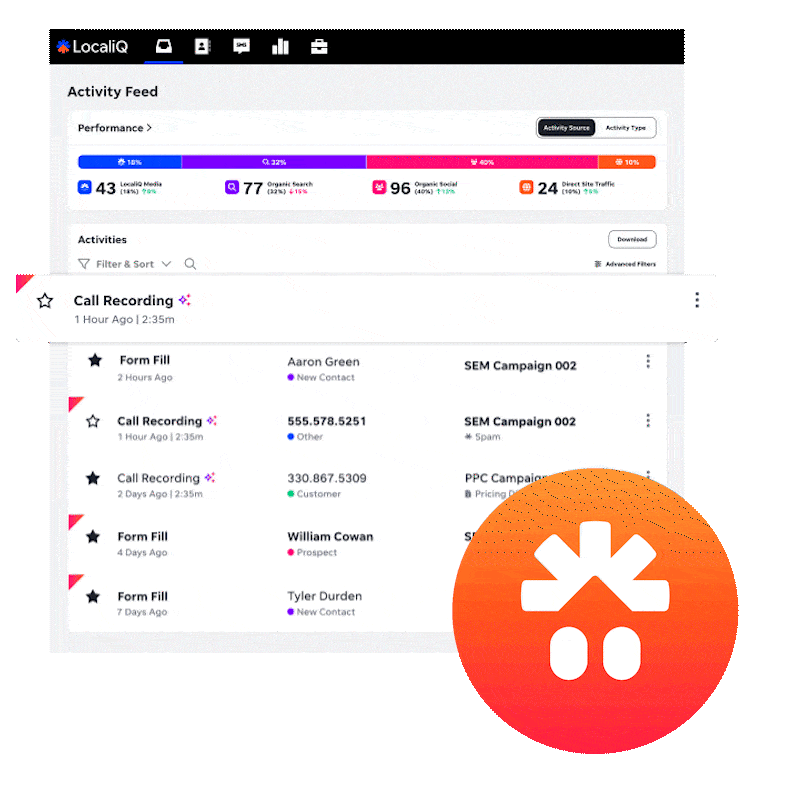Artificial Intelligence (AI) isn’t just a buzzword anymore — it’s shaping how people search, shop and make decisions online. At the same time, Search Engine Optimisation (SEO) remains the backbone of how businesses get found. But here’s the truth many small businesses miss: AI and SEO aren’t separate — they’re connected.
If you’re running a local business, understanding this correlation is crucial. Done right, AI actually makes SEO more important, not less.
Why AI and SEO are closely linked
Think about how people search today. Ten years ago, most of us typed short keywords like “plumber Sydney”. Now? People ask longer, more natural questions like:
- “Who’s the best-rated plumber near me that’s available on weekends?”
- “What’s the most affordable energy-efficient air conditioner for a small apartment?”
AI-powered tools like Google AI Overviews, Gemini, ChatGPT and Perplexity are designed to answer these complex, conversational queries. But where do they get the answers from? Websites. If your site doesn’t have helpful, structured content, AI can’t surface you in results — whether on Google or through chatbots.
How AI depends on SEO
- AI needs content to train on.
Large language models (LLMs) like ChatGPT and Gemini learn from existing content. If your website is clear, up to date and authoritative, you’re more likely to be included in their “knowledge base.” - AI-powered search still cites websites.
Even when AI gives instant answers, it often includes links back to source material. Without SEO, your site won’t be one of those sources. - Google ads and AI rely on landing page quality.
A strong SEO foundation (good content, fast load times, mobile optimisation) directly improves ad performance. Better pages = lower cost-per-click and higher visibility.
Key industry data in the age of AI
Recent research shows Google still drives over 340 times more traffic than AI tools like ChatGPT, Gemini or Perplexity. AI-powered platforms are growing, but for now, Google remains the primary driver of visibility.
This makes SEO a “non-negotiable foundation”. Without it, businesses risk poor results in both traditional search and AI-driven search.
How AI is reshaping SEO best practices
AI doesn’t replace SEO — it changes what “good SEO” looks like. Here’s how:
- From keywords to intent. Google and AI tools look for whether your content actually answers questions, not just if it repeats keywords.
- From short blogs to comprehensive guides. AI tools use “fan-out queries,” breaking one big question into subtopics. The more thorough your content, the more likely you’ll feature in AI answers.
- From rankings to authority. It’s not just about showing up in Google’s top 10 anymore. AI looks for trustworthy sources. Reviews, backlinks, schema markup and FAQs all boost authority.
- From clicks to visibility. Even if AI users don’t click, being mentioned builds credibility — especially when your business shows up alongside competitors.
Practical SEO tips for small businesses in the AI era
- Write for humans first. Focus on answering real customer questions in plain English. Avoid jargon.
- Use FAQs and long-tail content. Structure pages so both Google and AI tools can easily extract answers.
- Optimise your Google Business Profile. Many AI search results still pull directly from maps and listings.
- Implement structured data (schema). This helps AI and search engines understand your services, products and reviews.
Invest in website experience. A fast, mobile-friendly site isn’t optional anymore — it’s the entry ticket for AI-powered visibility.
AI and SEO are no longer two separate conversations. AI is changing how search works, but it still depends on quality SEO foundations to deliver answers.
The future of search for small businesses
For small businesses, this is actually good news: if you already focus on creating helpful, trustworthy content and optimising your site, you’re ahead of the curve. If you don’t, now is the time to start.
The future of search will be a mix of AI-powered answers and traditional Google results. The businesses that succeed will be those that treat SEO as a long-term investment — because whether it’s Google or Gemini, helpful content is what fuels visibility.






